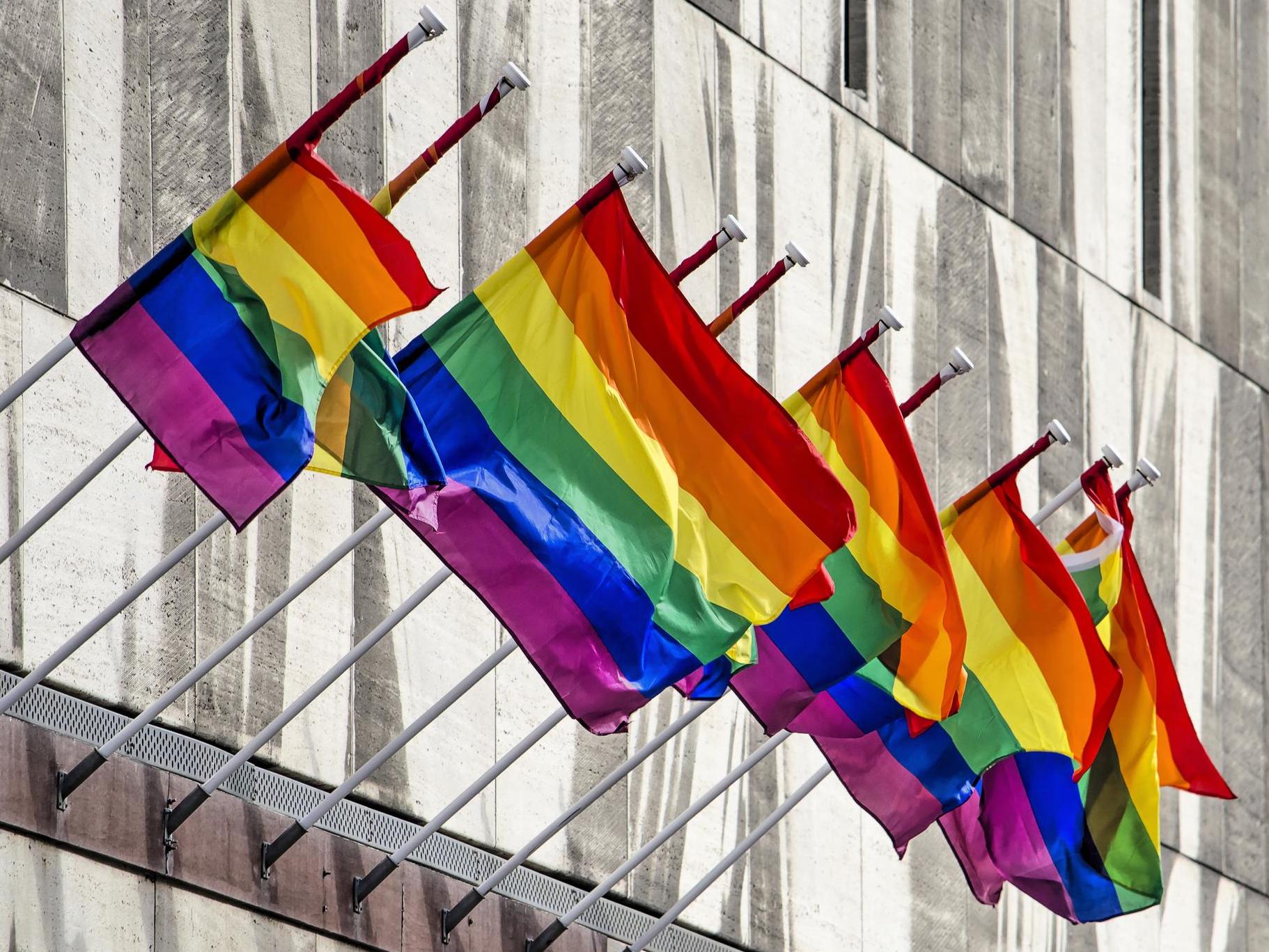Gay ‘conversion therapy’ may be banned in nine countries including US and Canada
Only three nations worldwide currently outlaw the practice

Your support helps us to tell the story
From reproductive rights to climate change to Big Tech, The Independent is on the ground when the story is developing. Whether it's investigating the financials of Elon Musk's pro-Trump PAC or producing our latest documentary, 'The A Word', which shines a light on the American women fighting for reproductive rights, we know how important it is to parse out the facts from the messaging.
At such a critical moment in US history, we need reporters on the ground. Your donation allows us to keep sending journalists to speak to both sides of the story.
The Independent is trusted by Americans across the entire political spectrum. And unlike many other quality news outlets, we choose not to lock Americans out of our reporting and analysis with paywalls. We believe quality journalism should be available to everyone, paid for by those who can afford it.
Your support makes all the difference.Global momentum is growing to ban so-called gay "conversion therapy”, with bills drawn up in nine countries, a rights group said on Wednesday.
The United States, Canada, Chile, Mexico and Germany are among countries seeking to outlaw the treatment, which includes practices from electric shocks to "praying away the gay" and is based on the belief that being gay or transgender is a mental illness that can be "cured", Ilga, an LGBT+ advocacy group, said.
Worldwide, only Brazil, Ecuador and Malta have national bans on conversion therapy, condemned as ineffective and harmful to mental health by more than 60 associations of doctors, psychologists or counsellors globally, the Ilga study said.
“The main driving force [for reform] is survivors with their testimonies coming forwards,” Lucas Ramon Mendos, author of the Ilga report, which said 2020 could be a turning point in the fight against "therapies" that have ruined many lives.
“A lot of awareness is being created through their testimony,” he told the Thomson Reuters Foundation.
LGBT+ people, including some children, have undergone abuses like lobotomies, castration and masturbatory reconditioning in the past, under the “legitimising cloak of medicine” in a bid to change their sexual orientation or gender identity, Ilga said.
Global moves against attempts to "cure" LGBT+ people are gathering pace, with the state of Queensland considering Australia's first conversion therapy ban, with jail sentences of up to 18 months for doctors and social workers.
Data on the global extent of conversion therapy is scarce, but people in 80 countries told advocacy group OutRight Action International in 2019 that it took place in their country.
In the United States, some 700,000 people have been forced to undergo conversion therapy, according to the University of California's Williams Institute.
US suicide-prevention group The Trevor Project said 42 per cent of LGBT+ 13 to 24-year-olds who underwent conversion therapy reported a suicide attempt in the last year - more than twice the rate of those who did not have the treatment.
Existing bans in 19 US states are limited - for example to outlawing doctors carrying out conversion therapy on children - because of stringent federal constitutional protections on freedom of expression and religion, said Mr Ramon Mendos.
Britain and Ireland have drawn up bills to outlaw conversion therapy but they have stalled, he said, while Taiwan's government responded to a proposed ban by saying that practitioners could be punished under existing laws.
Other proposals will struggle to win political support, such as a US bill which was introduced the House of Representatives in 2019 and if passed would face a vote in the Republican-controlled Senate.
Reuters
Join our commenting forum
Join thought-provoking conversations, follow other Independent readers and see their replies
Comments